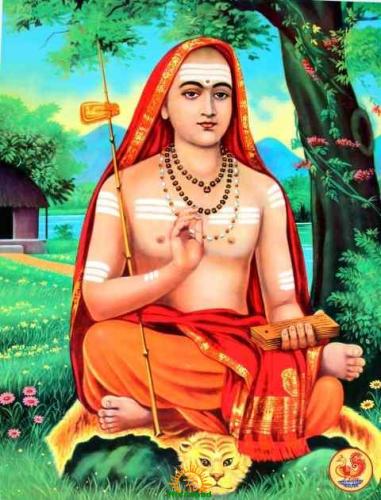Course Contents:
a) Sāmkhya - Satkāryavāda, Nature of Prakṛti, its constituents and proofs for its existence. Nature of Puruṣa and proofs for its existence, Plurality of Puruṣas, theory of evolution.
b) Yoga - Citta, Cittavṛtti, Cittabhūmi. Eight fold path of Yoga, God.
c) Mīmāmsā (Prābhakara and Bhātta) : Anvitābhidhānvāda and avihitānvayavāda, Arthāpatti and Anupalabdhi as sources of knowledge
d) Advaita Vedānta - Sankara’s view of Brahman, Saguṇa and Nirguṇa Brahman, Three grades ofSattā: prātibhāsika, vyavahārika and pāramārthika, Jīva, Jagat and Māyā.
e) Viśistādvaita - Rāmānuja’s view of Brahman, Jīva, Jagat. Refutation of the doctrine of Māyā.

Course Contents:
a) Locke : Refutation of innate ideas, the origin and formation of ideas, simple and complex ideas, substance, modes and relations, nature of knowledge and its degrees, limits of knowledge, primary and secondary qualities, representative realism.
b) Berkeley: Refutation of abstract ideas. Criticism of Locke’s distinction between primary and secondary qualities, Immaterialism, esse-est-percipi, role of God.
c) Hume: Impression and ideas, association of ideas, distinction between judgements concerning relations of ideas and judgements concerning matters of fact, theory of causality, theory of self and personal identity, scepticism.
d) Kant : Conception of critical Philosophy, distinction between a priori and a posteriori judgements, distinction between analytic and synthetic judgements. Synthetic a priori judgements, General problem of the Critique, Copernican Revolution in Philosophy, Transcendental Aesthetic : Space & time - Metaphysical & Transcendental expositions of the ideas of space & time.
